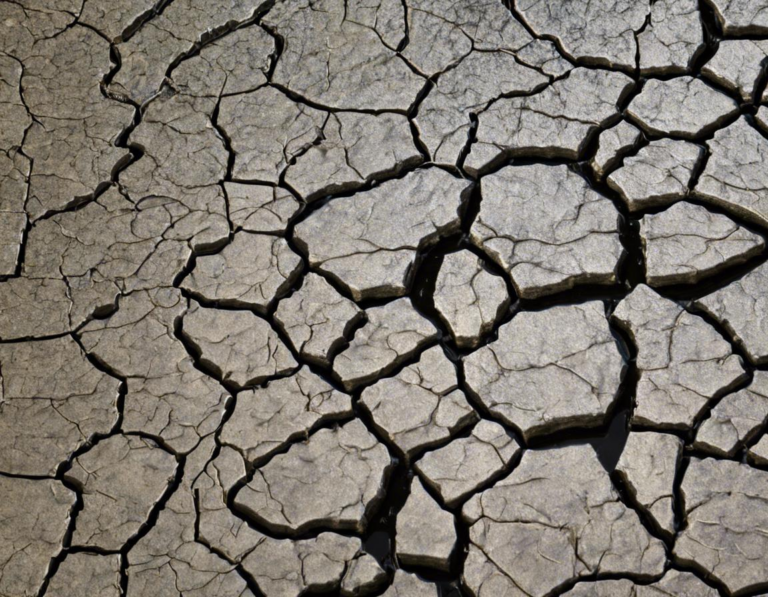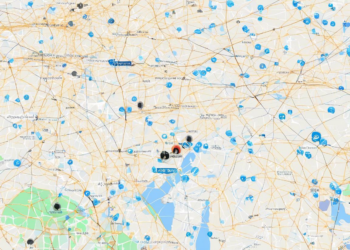Legal Issues Surrounding Cracked Streams

The world of online entertainment is vast, offering a seemingly endless library of movies, TV shows, and music at our fingertips. But what happens when we access this content through illegal means? Specifically, what are the legal ramifications of using cracked streams?
This article will delve into the legal issues surrounding cracked streams, explaining the legal framework surrounding online content piracy, the potential consequences for users, and the ethical considerations involved.
Understanding Cracked Streams
Cracked streams, also known as illegal streams, refer to unauthorized broadcasts of copyrighted content, typically movies, TV shows, or live sporting events. These streams often bypass the legal payment systems associated with legitimate streaming services, offering viewers free access to content they would otherwise need to pay for.
While accessing cracked streams might seem harmless, it’s crucial to understand that these platforms operate outside the law and come with significant legal repercussions.
Copyright Law and Intellectual Property Rights
The foundation of the legal framework against cracked streams lies in copyright law. Copyright law grants exclusive rights to creators to control the use, distribution, and reproduction of their work. This includes digital content like movies, music, and TV shows.
When you access cracked streams, you are effectively infringing on the copyright of the content creators. This is because you are accessing the content without paying for it, which is a direct violation of their exclusive rights.
Consequences for Users: Fines and Jail Time
The legal repercussions for accessing cracked streams can be severe. While the specific penalties vary based on jurisdiction and the scale of the offense, users can face:
- Fines: Individuals caught accessing cracked streams could face substantial fines, potentially reaching tens of thousands of dollars.
- Jail time: In extreme cases, especially involving large-scale copyright infringement, individuals can even face jail sentences.
- Civil lawsuits: Content owners can sue individual users for copyright infringement, resulting in significant financial damages.
- Internet service provider (ISP) action: ISPs often cooperate with copyright holders to identify and take action against users accessing cracked streams. This can include throttling internet speeds, suspension of service, or even account termination.
The Role of ISPs and Copyright Holders
ISPs play a crucial role in combating online piracy. They are often responsible for monitoring their networks for suspicious traffic associated with cracked streams. In many cases, ISPs work directly with copyright holders to identify and take action against infringing users.
Copyright holders, such as movie studios and music labels, actively pursue legal action against both individuals and organizations involved in cracked streams. They employ sophisticated methods, including specialized software and legal teams, to identify and pursue copyright infringement.
Ethical Considerations of Cracked Streams
Beyond the legal consequences, using cracked streams presents several ethical concerns:
- Exploitation of creators: By accessing cracked streams, you are denying creators the revenue they deserve for their work. This can severely impact their ability to continue creating new content.
- Supporting illegal activities: Cracked streams are often operated by criminal organizations that engage in other illicit activities, like malware distribution and identity theft. By using these platforms, you indirectly support these illegal ventures.
- Promoting a culture of disrespect for intellectual property: The widespread use of cracked streams normalizes the idea that copyrighted content is free for the taking, undermining the value and importance of intellectual property.
Alternatives to Cracked Streams: Legal Streaming Services
Fortunately, there are numerous legal and ethical alternatives to cracked streams. Legitimate streaming services offer a vast library of content for a reasonable monthly fee. Some popular options include:
- Netflix: A subscription-based service with a massive library of movies, TV shows, and documentaries.
- Hulu: Offers access to live TV, on-demand content, and original programming.
- Disney+: Features a wide selection of Disney films, TV shows, and exclusive content from Marvel, Star Wars, and Pixar.
- Amazon Prime Video: Includes a selection of movies, TV shows, and original content, plus free shipping and other benefits for Amazon Prime members.
The Future of Online Content Distribution
The battle against cracked streams is a continuous one. As technology evolves, so do the methods used to pirate online content. Copyright holders and authorities are constantly adapting their strategies to combat these evolving threats.
The rise of streaming services and the increasing availability of legal content at affordable prices have made it easier than ever to access entertainment legally. This shift is ultimately beneficial for both consumers and content creators. By choosing legal options, we can enjoy entertainment without compromising our ethics or risking legal consequences.
Conclusion
Cracked streams may offer an enticing shortcut to free content, but the risks far outweigh the potential benefits. Understanding the legal framework and ethical considerations surrounding cracked streams is essential for making informed decisions about accessing online content.
Choosing legal streaming services not only protects us from legal consequences but also supports the creators who bring us the entertainment we love. By embracing legal options, we contribute to a more ethical and sustainable future for the online entertainment landscape.













